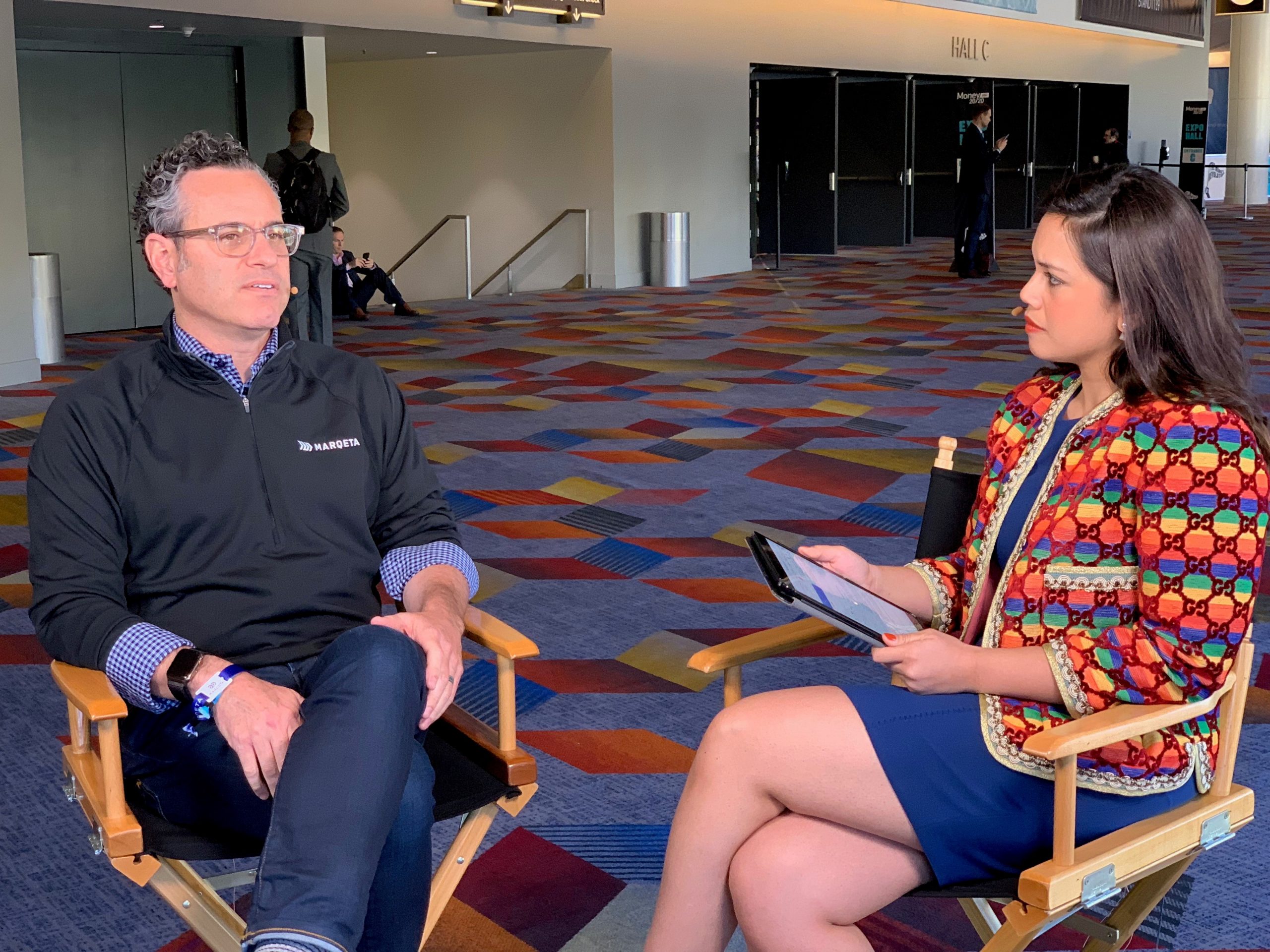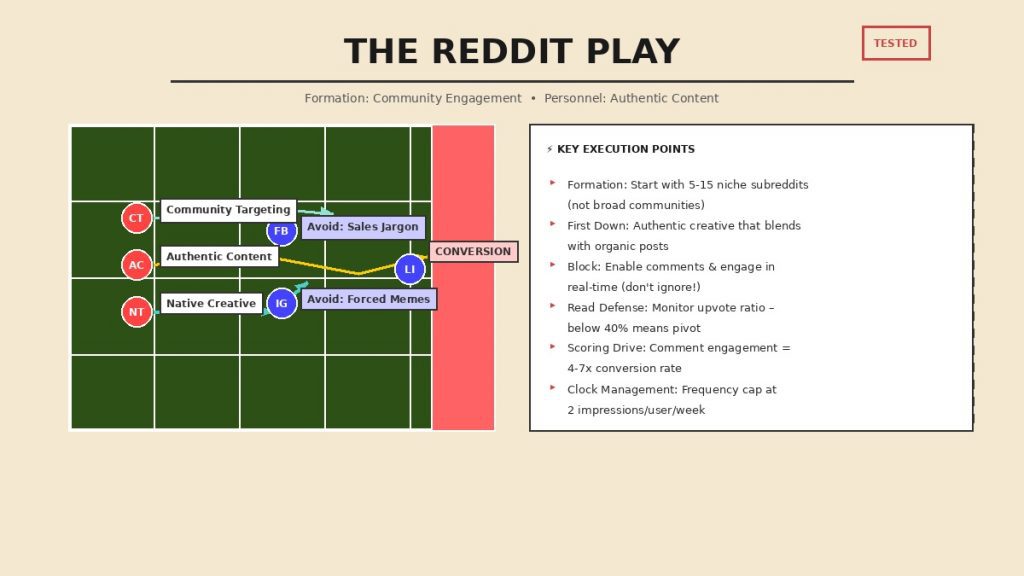 Few phrases in common usage are more pervasive than “controlling the narrative.” Regardless of your walk of life, having control over every aspect of your “story” should be a priority, personally and professionally.
Few phrases in common usage are more pervasive than “controlling the narrative.” Regardless of your walk of life, having control over every aspect of your “story” should be a priority, personally and professionally.
Overexposure has led to this phrase taking on highly pejorative connotations. This is truly unfortunate, especially in a business context. After all, every business has a story to tell. It is important to be able to tell it when, where and how we want to in order to optimize chances for compelling and positive outcomes.
Properly relating your story so it resonates with key audiences is why companies require skilled public relations (PR) professionals. A truly mission-critical function of PR is to ensure that trust is established and maintained with the key industry influencers and media outlets that help shape external brand perception.
At my agency, Bospar, we frequently post about our experiences and recommendations for creating differentiated and sustainable brand value through the application of PR best practices. Not surprisingly, practices and processes used in controlling the narrative are key to achieving recognition and an enhanced reputation with all stakeholders. Few, however, are as important and hard to manage as breaking news. In an age when anything can go viral in an instant, it only takes one source to jump the gun and spoil even the best-laid plans.
So, how can the risks of breaking news be mitigated?
Like any type of security system, there is no fail-safe way to prevent news from leaking. This is true even when you have instituted an embargo. After all, once the news is out, it’s too late. The tricky thing, from a PR perspective, is getting the media and analysts to observe the embargo terms.
Media outlets have significant financial incentives to be recognized as the place to go for the latest news and commentary; a reputation as a fast follower is bad. Plus, the downside risks to a media outlet of being first out of the gate — even without permission — are minimal. This is particularly true if an outlet has significant stature with a company’s target audience.
Analysts have similar incentives to being first. They do, however, tend to be more circumspect. Because they have more at stake in getting their insights correct from the outset, time is not as much of the essence.
A Virtual Circle Of Trust
Given the incentives of those poised to be first, what can be done to protect the narrative exposure timeline? More than you might think. Below are two strategies that our agency has used successfully.
-
Get it in writing.
It used to be that a handshake or verbal confirmation was sufficient to stop things from leaking. This is no longer the case. In fact, we have run across all sorts of ways that embargoes are circumvented.
One of the most common is when you stipulate the need for an embargo in an email. The media rep says, “Of course!” Then they delete the thread. In fact, the reply “Of course!” is not the same as explicitly stating, “I agree to the embargo.”
The remedy is practical. It should be approached as nonconfrontational and just routine business practice. It should be used with all contacts because the media world is small, and you don’t want to earn a reputation for applying different rules to different outlets.
What we do at Bospar is make the case for a written agreement very plain. We say our client’s attorneys are following this carefully and insist that we have an email on file that explicitly acknowledges the embargo and intent to honor it.
The language in an email reply with a subject line that reads, “Sorry to be so bureaucratic!” should be short, sweet and able to resolve the challenge. Have the media or analyst rep fill in the parentheses: “I agree to the (month), (day), (year), (time) embargo for information from (XYZ enterprises).”
-
Don’t give everything away up front.
Another useful way to increase the odds that an embargo will be honored is to ladle out the details. That said, an incentive to get a person you wish to brief to agree to send you the email saying they will honor the embargo is to promise that, following receipt, you will:
- Send a press release.
- Provide an advance look at the product or service (particularly with apps, so they can play with them).
- Send an electronic version of a user guide.
- Include screenshots and other collateral that will enable their coverage to be detailed and graphically rich.
- Schedule interviews with the company’s key decision makers at times that are close to the reveal.
Hope For The Best, But Prepare For The Worst
One cautionary note needs to be highlighted: You need to have an action plan in case a leak occurs. One element this plan should include is going back to those who have honored the embargo and providing them with even more access to information in order to differentiate their coverage from the rest of the pack. To the extent possible and without disclosing proprietary competitive or customer information, transparency is the best policy.
Trust is extremely difficult to earn and easily broken. It is why relationship management by skilled PR professionals is needed as part of overall brand stewardship strategies and tactics. Controlling the narrative in a manner that presents a win-win situation is not just about interfacing with the external communications world; it is also about setting expectations and getting executive buy-in about the best ways to achieve desired results when their news is ready for prime time.
This article first appeared in Forbes.



